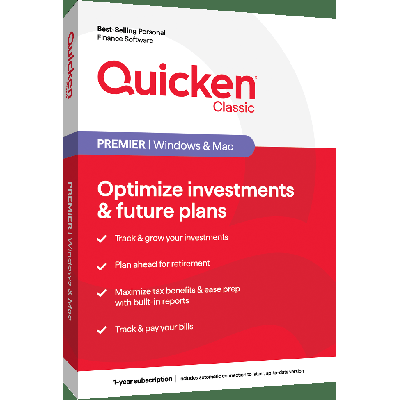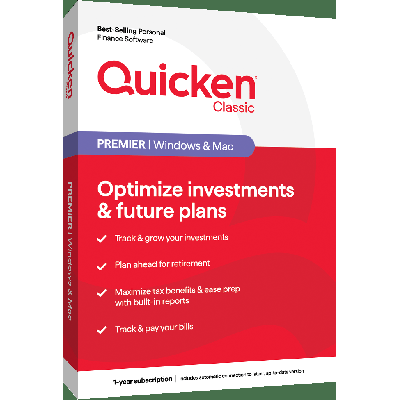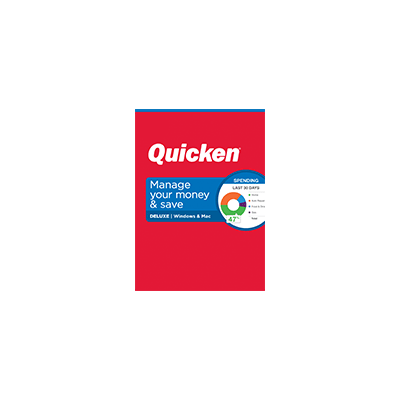home equity line of credit rates
What is Equity Release?
Equity release allows individuals aged 55 and over to release money from the property they live in without having to make any monthly repayments. There are two types of equity release; Lifetime Mortgages and Home Reversion plans. Both of these are regulated by the Financial Conduct Authority. By using an equity release product, a home owner can draw a lump sum or regular smaller sums from the value of their home, while remaining in their home.
Equity release can play a crucial role in retirement funding and the flexibility and safeguards which are built into plans that complies with the Equity Release Council product standards enable thousands of home owners every year to tap safely in to their housing wealth without having to worry about making monthly repayments.roofs
If you are thinking of taking out an equity release plan then you need to find out as much as you can about your options and weigh up the advantages and disadvantages fully before you decide if equity release is right for you. A fully qualified financial adviser should help you to understand the steps involved and talk you through your options, the effects this might have on state benefits and tax and your obligations. And of course they can also explain the full benefits of equity release. Done correctly, equity release should have no impact on an individual’s tax position or their state benefits; however each individual’s circumstances need to be assessed.
Part of a customer’s choice will be over the type of plan required. In the modern equity release market there are a range of products to choose from, with new and innovative products being created regularly. This means that whatever your equity release needs, there is likely to be an equity release plan available to meet them.
Equity Release Plans
Lifetime mortgage:
A Lifetime mortgage involves takimoney and pound coinsng a type of mortgage which does not require monthly repayments, although with some plans rather than roll up the interest you can opt to make monthly repayments if you wish. You retain ownership of your home and interest on the loan is rolled up (compounded). The loan and the rolled up interest is repaid by your estate when you either die or move into long term care. If you are part of a couple, the repayment is not made until the last remaining person living in the home either dies or moves into care, meaning that both you and your partner are free to live in your home for the rest of your lives.
If you take out a Lifetime Mortgage, you can choose to receive your funds in a lump sum or in smaller, regular amounts. There is also an option available to increase the amount you have borrowed as and when you want to, up to the maximum limit agreed with the plan provider. You can also elect to protect some of the value of your property as an inheritance for your family, meaning that you can benefit from releasing equity while still retaining something to pass on to your children. Some people may be able to release larger lump sums due to impaired health or may prefer to make monthly repayment in part, or in full, with an option to roll up at a later date if the monthly repayments became unaffordable.
Home Reversion Plan:
A Home Reversion Plan also allows you to access all or part of the value of your property while retaining the right to remain in your property, rent free, for the rest of your life. With a Home Reversion product the provider will purchase all or part of your house taking into account your age and your health and will provide you with a tax free cash lump sum (or regular payments) and a lifetime lease, guaranteeing you the right to stay in your property rent-free for the rest of your life. There is no day-to-day interference and no restrictions on treating the house exactly as before; as a private home to live in freely. The percentage you retain in your property will always remain the same regardless of the change in property values, unless you decide to take further cash releases. At the end of the plan your property is sold and the sale proceeds are shared according to the remaining proportions of ownership. With both a Lifetime Mortgage and a Home Reversion Plan it is possible to give a homeowner some certainty in their future finances. With a Home Reversion Plan the client knows precisely what he/she has parted with and, equally, what has been ring-fenced for later use, possibly to leave in a Will. With some Lifetime Mortgages it may be possible to also ring-fence an element of equity.
Within these two categories, there are many different options available and it is important that your current and future needs are matched with the right type of equity release plan, which an equity release qualified adviser can help you with.
An advisor can also help you to establish how taking out a Lifetime Mortgage or a Home Reversion Plan might affect your tax position, your eligibility for means-tested benefits or your ability to move or sell your property. You should talk to your financial adviser about these risks if you are at all unsure.
There are advantages and disadvantages in both types of plans so it is important for you to find out as much as you can, to get qualified advice and, if possible, to talk it over with your family to ensure you choose the best plan to fit your needs.
To understand the features and risks of an equity release plan ask for a personalised illustration from your advisor.
If, after exploring the options available to you, you decide that equity release might be the right choice to meet your needs, there are a number of important steps to take
Make sure you are eligible for equity release
You need to be a homeowner and the youngest applicant needs to be aged at least 55 years old to qualify. Please note, the minimum age criteria for Home Reversion Plans can sometimes be higher than 55 years old.
Find out the value of your home
This will help you to establish how much you might be able to release. You can do this in a number of ways:
-By getting an estate agent to do an appraisal of the approximate value of your property:
-By talking to friends or neighbours who have recently moved in to your area
-By looking in the local property pages at similar properties in your area;
Please note that this will only give you an approximate value and is not the same as a report and valuation from a qualified surveyor.
Check how the money released may affect any state benefits you receive
Any money you release from your home may have an impact on the benefits to which you are entitled. A financial advisor can advise you on how to work out what impact this might have for you. However done properly there is unlikely to be any effect on any benefits you receive.
Check how the money released may affect your tax position
Any equity you release from your home is tax-free. However, if you choose to invest the money you release any interest you receive may be taxable and may affect your tax position. A financial adviser can help you to determine what impact this will have on your tax position. However with the plans available today it is often unnecessary to take a lump sum to invest.
Consult with your family
If possible and appropriate, talk frankly to your family about the decision you are planning to make. Any decision you make could have an impact on their inheritance. However, remember that the decision to release equity from your home must be your decision and you should not be unduly pressured by your family to make a decision.
Consider your future plans
Releasing equity from your home might affect your options for moving home or selling in the future. For example, if you want to downsize in the future you will be able to do this but you may have to repay a proportion of the equity you have released back to the provider. This could come from the proceeds of your sale.











